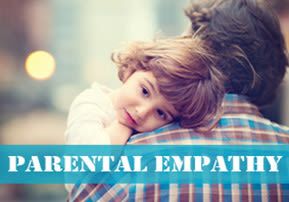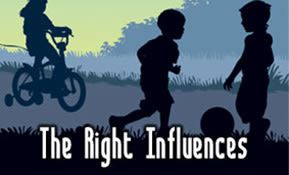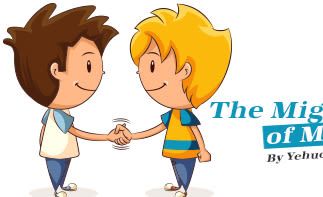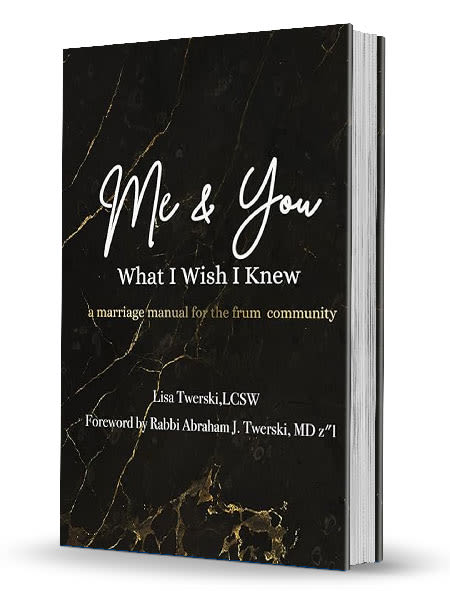
Parental Empathy
One of the most vital tools in educating children is parental empathy; just as we want others to understand us, we should listen to and understand our children...

Parental insensitivity and lack of parental empathy make it hard for a child to love the parent. When a child fails at something, parents must step in to help build the child’s confidence. Unfortunately, many parents do the opposite and chastise, embarrass, or even mock their children when they fail. They even consider themselves “good parents” by “toughening up” their child and teaching him a lesson so he’ll correct himself. But actually the parents are sadistic; with their own hands (and mouths), they destroy the child’s spirit, may Hashem have mercy.
Our sages said, “Don’t look at a person at the time of his setback.” When a person acts incorrectly, or fails in a certain situation, at that moment he tastes the bitter taste of failure. When others gawk at him at such a time, he feels even worse; then, his resilience will be even more difficult. So, the person watching must be wise and  look away from another person’s failure, especially a child’s. The less a parent focuses on the child’s setbacks, the easier it will be for the child to regain self-confidence.
look away from another person’s failure, especially a child’s. The less a parent focuses on the child’s setbacks, the easier it will be for the child to regain self-confidence.
A child who sees that others are mocking him because of his mistake feels that no one loves him. And he’s right, in a way. Mockery shows a lack of love. A person who hurts someone else shows disregard for the other person’s feelings. Even if a mocking parent tells a child afterwards that he loves the child, the child won’t believe it. From that point on, the child will interpret every action of the parents as if the parents don’t love him – for they really don’t!
Contrary to what many believe, love is not merely declaring, “I love you.” Words are cheap, and they easily roll off a tongue. Love is manifestation of care and affection, like warmth, endearing and encouraging words, thoughtful gifts, and most of all attention, empathy, patience and sensitivity. Parents who don’t know how to build and guard the child’s self-confidence will not be able to raise him properly, for the child cannot learn from someone whom he perceives does not love him.
A child loves and values the cautious parent who avoids adding to the child’s anguish at the times of setbacks. But, if a parent doesn’t have enough empathy to teach his child without hurting him, it’s preferable that the parent not try at all to teach the child at all. Education without love and sensitivity is destructive to the child’s psyche, and is not real education. Disregarding the child’s bad behavior is much less damaging, if at all, than it would be to rebuke him in the wrong way.
An emotionally healthy person has enhanced chances of living an upright life. However, someone who is emotionally ill needs miracles to heal emotionally from the damage done by insensitive and thoughtless parents and/or teachers.
Let’s make a comparison:
An unscathed child is an emotionally healthy child.
A damaged child is an emotionally handicapped child.
Which is preferable? Even if the unscathed child never received a proper education and remains a “wild child”, at least he has a life! All the more so for a parent who never degrades his child and teaches him proper values. We intentionally exaggerate here in our example of the unscathed “wild child” in order to convey the importance of protecting a child’s dignity; by doing so, we protect the vitality of his soul. However, only in the situation where a child is not damaged through embarrassment is there any exaggeration. When describing a child who has been damaged by parents, there is no exaggeration at all when we talk about the damage to his soul. Mockery, criticism, lack of sensitivity and humiliation will destroy a child’s dignity and self-image, rendering him an emotional cripple – no question!
Don’t minimize the importance of listening to your children and giving them the gift of understanding them. Just as we want our Father in Heaven to have empathy for us – His children – we should pray to have an understanding heart and empathy for our children, may they all be blessed, amen!











Tell us what you think!
Thank you for your comment!
It will be published after approval by the Editor.